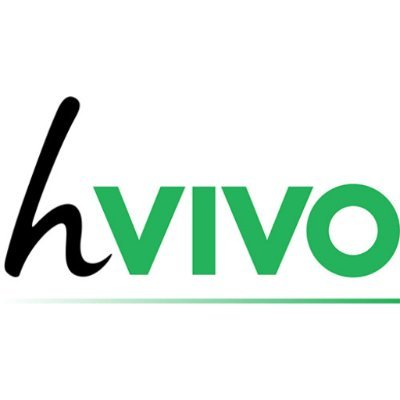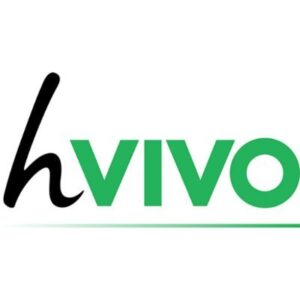Here we look at 10 companies from a variety of sectors that have performed in 2023, or which may be positioned for a better year ahead. Also look out for our roundups of oil and gas and mining small caps.
hVIVO
hVIVO, a biotech small cap specialising in vaccine and antiviral testing using ‘human challenge’ clinical trials, leapt ahead this year, its value increasing by more than 60pc as it recorded higher revenue and a bulging order book.
One of the biotech small caps brought to market by Cathal Friel, alongside Poolbeg Pharma (see below) and Amryt Pharma, HVO made headlines through the first months of the pandemic, working with the vaccines task force to organise the UK’s first Covid human challenge trial, in which volunteers were inoculated under controlled conditions with the virus to test its impact on the immunity system. The trial helped HVO develop an infection challenge model able to serve as a ‘plug and play’ platform for testing new Covid variants.
hVIVO plc (formerly Open Orphan plc) is a rapidly growing specialist contract research organisation (CRO) and the world leader in testing infectious and respiratory disease vaccines and antivirals using human challenge clinical trials, providing end-to-end early clinical development services for its broad and long-standing client base of biopharma companies.


